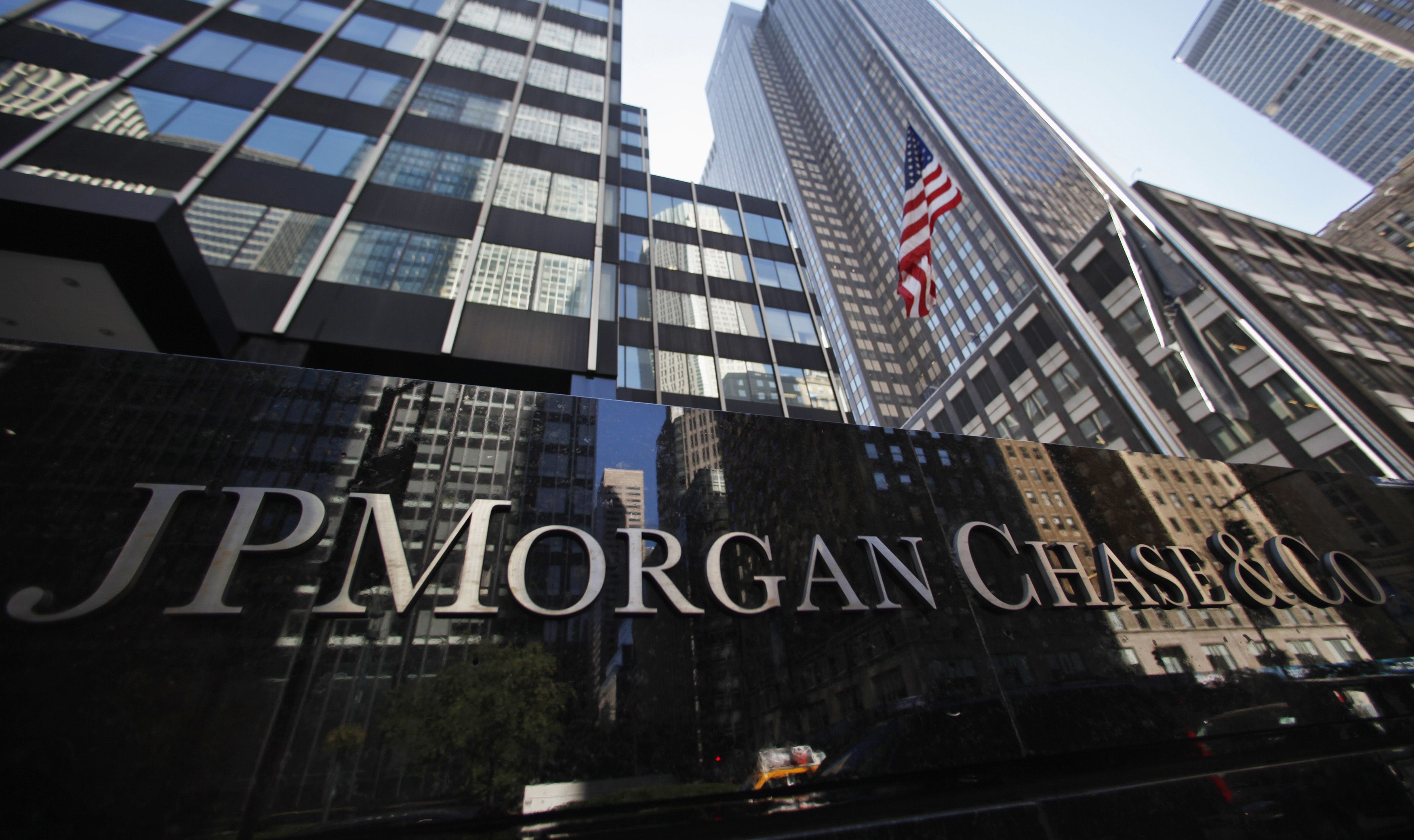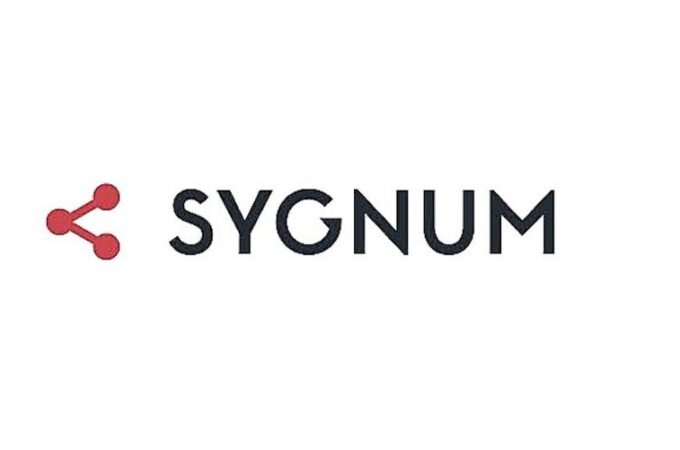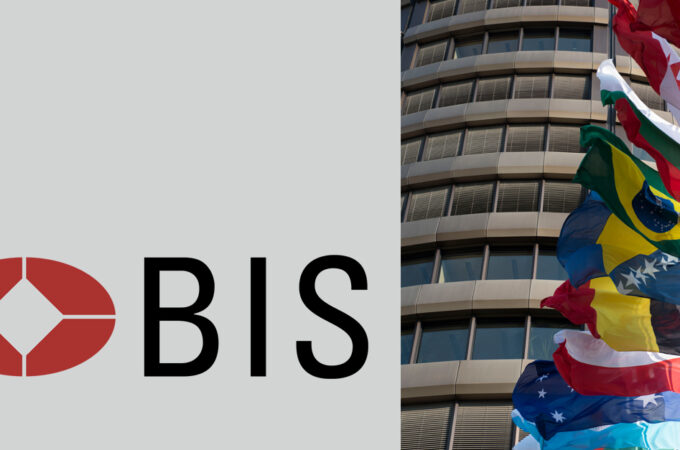
How N26, Revolut and Monzo are taking on the US market
via AltFi
UK-headquartered fintechs Monzo and Revolut along with German rival N26 are all tackling the US market, taking on the big four US banking giants- Bank of America, Citibank, JP Morgan Chase & Co, and Wells Fargo- and US upstarts like Chime.
On the face of it, the US- with a population of 327 million where around 14 million people don’t have a bank account- could prove rich pickings for the digital banks, particularly as existing US banks often have minimum deposit requirements and charge large overdraft fees while free accounts are a rarity.
Furthermore, like in Europe, the US banking market is going through upheaval as US citizens demand a more sophisticated, transparent and personalised banking service forcing US megabanks onto the back foot and presenting an opportunity for the European fintechs.
The three digital banks are targeting those in the US who the current banking system doesn’t work for.
“We know that millions of people around the world and particularly in the US are still paying hidden and exorbitant fees and are frustrated by poor banking experiences,” said N26 CEO Valentin Stalf.
But while the three fintechs have enjoyed strong growth in their domestic markets, the US banking market is a different beast: it is a crowded field, with a complicated regulatory landscape, where consumers have different tastes to Europeans with a limited understanding of Open Banking and new-fangled banking technology.
What’s more, there is a graveyard of brands which have failed to translate domestic success to the US, including famous company names like Tesco, Marks & Spencer and Suzuki.
Karen Mills, Open Banking expert and a member of President Obama’s cabinet, said the US “is a complicated morass of overlapping and contradictory rules”.
Mills added: “The US is a wholly different market. Unlike the UK and the EU, the US has over 5,000 trusted community banks. Thee have long been where customers find loans and trusted advice.”
Here AltFi charts the progress of Monzo, Revolut and N26 in the US.
N26
N26, founded in Berlin nearly seven years ago, was the first of the three to launch in the US, launching in beta mode across all the US in June last year (the first international market N26 launched into) followed by a public launch two months later.
The German fintech, which says it has 5m customers globally, has around 70 staff based in New York, which are spearheading its assault on the US. N26 offices in Berlin and Barcelona are also supporting its US offensive.
N26 has launched its service together with Californian online bank Axos offering a checkout and Visa debit card. It offers customers perks like cashbacks from brands like Booking.com but is not currently offering credit cards or lending products in the US.
Like its rivals, N26 is trumpeting its speedy service, saying the application process takes as little as five minutes, its accounts have no maintenance fees, and account holders don’t pay foreign transactions fees when buying goods abroad.
Its launch in the US has not been problem-free, though, with complaints about limitations on its free ATM withdrawals at launch.
N26 subsequently expanded free cash machines withdrawals through a deal with interbank network Allpoint.
To get the N26 name out there, the German fintech has used a range of marketing channels, including posters, digital marketing, partnership and social media.
In January, N26 said it now had 250,000 customers in the US since its August 2019 launch and that it has pinched funds from some of the traditional banks in the US.
In an interview with CNBC, N26’s dedicated US CEO Nicolas Kopp said: “We track where the money comes from when people fund their accounts, and I see some of the big-named banks crop up quite frequently.”
Revolut
Revolut began issuing its cards in the US via a partnership with payments company MasterCard at the end of 2019.
The deal with MasterCard means that Revolut’s first debit cards in the US are being issued with MasterCard while Revolut will also leverage some of MasterCard’s technology, such as a platform which allows payments to be sent directly between cards.
Initially, Revolut, which says it has more than 10m customers, hired 30 employees in the US with plans to triple headcount within the first six months and is offering US customers current accounts, foreign exchange services and transfers as well as wanting to offer loans.
“We’re going to ensure our product is better value for customers, most U.S. banks charge $10 a month for an account and $10-$15 for local transfers and we’ll be offering both for free,” Revolut CEO Nikolay Storonsky told Reuters.
According to Sifted, Revolut has earmarked two target groups for its US offensive: migrants who struggle to access credit and US overseas students.
“We are spending a lot of time focusing on niche. We want to be the best solution by a very long way,” Dan Westgarth, General Manager, Revolut North America, told Sifted.
Monzo
Monzo announced its US launch plans last summer, saying that it would initially offer a ‘few thousands cards” to American customers at a launch evening in Los Angeles, where its first US office is located.
Monzo, which has 3.8m customers in Britain, staged a number of in-person events also in San Francisco and New York, looking to grow its brand in the US through word-of-mouth marketing.
Supporting its US launch, Monzo has teamed up with domestic lender Sutton Bank.
Monzo’s reason for a limited launch is to gauge early customers feedback, so it can amend and adapt its proposition to the US market.
Monzo, which has applied for a US banking licence, is launching in the United States with no minimum balance requirements and no monthly fees or foreign transaction fees, but will not pay interest on deposits.
“We are taking it slow to start with,” Monzo CEO Tom Blomfield said. “We want to understand how U.S. consumers think and feel about their money.”
It has also recruited a US CEO, former Visa executive TS Anil who is tasked with driving growth in the US, as well as hiring staff and overseeing engagement with US regulators.





